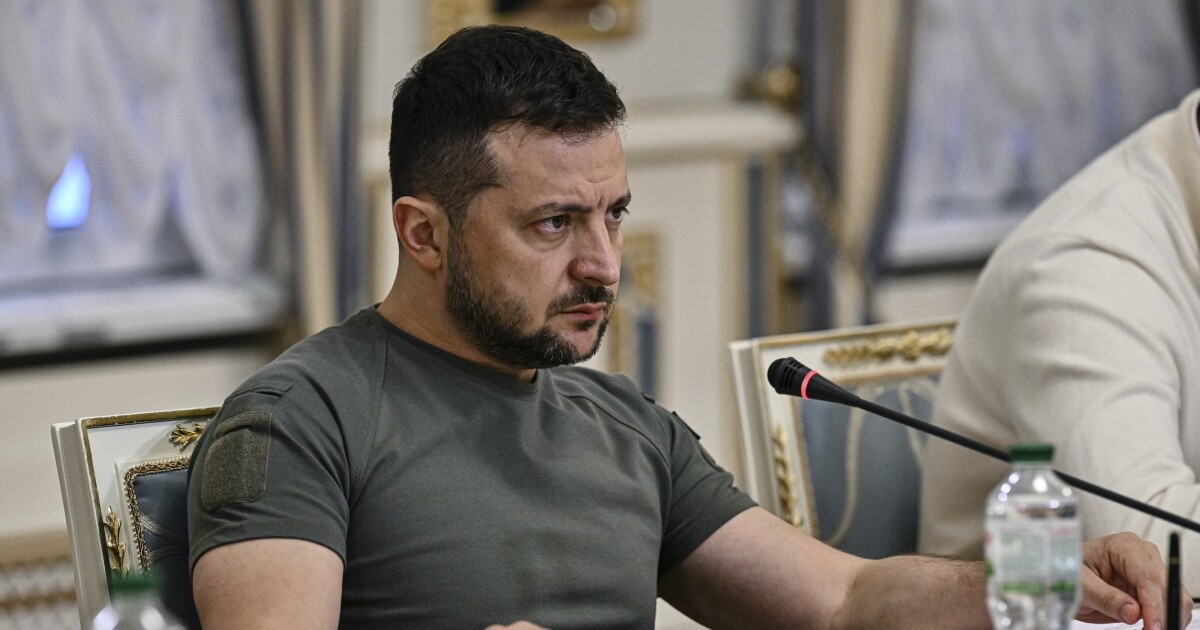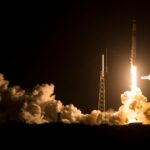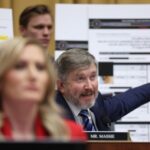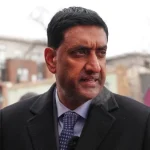

Russian President Vladimir Putin’s inability to conquer Ukraine has showcased the strength of Western democracies and diminished the likelihood of nuclear war, according to Ukrainian President Volodymyr Zelensky.
“Together, with our partners, we are developing a new security architecture,” Zelensky said Monday evening. “These are security guarantees for Ukraine and Europe, which will not only re-empower the principles of the U.N. charter but will also become a model for nations in other parts of the world, a model to avoid nuclear wars.”
Zelensky offered that salute to Western assistance while accepting an award from the National Constitution Center in Philadelphia. Yet his praise doubled as an argument for backing Kyiv in defiance of the Kremlin’s various threats to use nuclear weapons in Ukraine, an appeal aired as the onset of winter threatens combatants and international diplomats with a series of concatenating crises.
His statement summarizes the pragmatist case for Western assistance to Ukraine. Some U.S. and European observers suspect that Putin has a higher tolerance for violence, even nuclear strikes, than Ukraine or its international backers. In this view, Western aid to Ukraine increases the risk of a catastrophic clash. Other officials and analysts fear that a Russian victory in Ukraine would signal to China, or even a rogue state as North Korea, that nuclear-armed authoritarians can expect to win wars against U.S. allies, even if they lack the power to achieve their objectives using conventional military firepower.
UK CUTS DEAL WITH US FOR LNG TO HELP GET THROUGH WINTER WITHOUT RUSSIAN FUELS
“And we see, we see now, what the democracies are capable of when they act in unity,” Zelensky said in a Monday evening address. “Every potential aggressor in the world sees the help that the United States and the free world is providing to us — and [sees] all the sanctions imposed against Russia — sees and believes that it is better not to start a war against freedom at all.”
The pageantry in Philadelphia played out with both Republicans and Democrats poised for different internal debates about the assistance levels that should be provided to Ukraine over the coming months. President Joe Biden’s administration reportedly has held back-channel dialogues with Russia to limit the risk of a nuclear clash.
“We don’t broadcast every conversation we have, of course,” State Department spokesman Ned Price told reporters in a Monday press briefing. “Whether that is the status of the two wrongfully detained Americans, whether that’s the status of our embassy in Moscow, whether that is the imperative that the United States has to send a very clear signal to Russia of the enormous costs of escalation, or, God forbid, nuclear use, those are the types of conversations that we’re in a position to have day in, day out.”
Russian state media outlets have amplified reports that the potential for nuclear conflict in Ukraine could prompt Biden and other Western governments to press Zelensky to agree to begin peace talks in the event that Ukraine liberates Kherson, a strategically significant city in southern Ukraine, over the coming weeks.
“We see an interconnection between what happens on the battlefield and what we are in a position to do to provide the sort of security assistance our Ukrainian partners need to defend themselves on that very battlefield and what ultimately happens at the negotiating table,” Price said.
CLICK HERE TO READ MORE FROM THE WASHINGTON EXAMINER
Zelensky, for his part, urged the United States “to maintain unwavering unity” in support of Ukraine. “Until peace has finally been restored, democracies must not stop on their way to victory,” he said.






